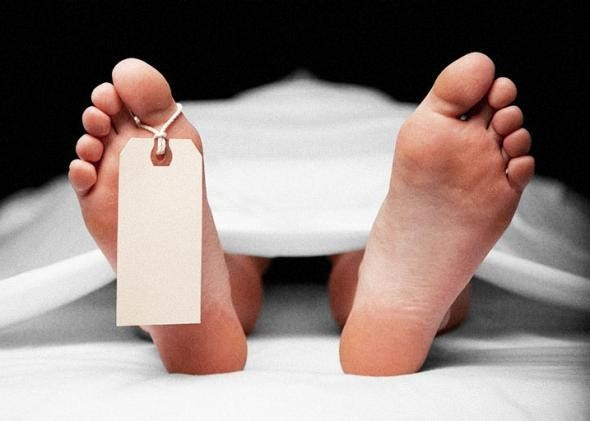More than 600 Iranians have died and at least 3,000 hospitalized after drinking neat alcohol due to the mistaken assumption that it would cure the novel coronavirus. Presently, there isn't any vaccine or drug that can cure the deadly disease, that has infected half a million people worldwide and killed more than 82,000.
Iran has emerged as the worst-hit Middle East nation in the coronavirus pandemic.
Alcohol poisoning kills 600 in Iran

On Tuesday, the staggering alcohol poisoning figures were quoted by Iranian judicial spokesman Gholam Hossein Esmaili, the Daily Mail reported.
"The numbers are very high and are beyond our expectations". "Alcohol consumption is not a cure but can be lethal," Esmaili added.
He added: "A number of people have been arrested and we will deal with them decisively."
"They must be held accountable for their criminal acts, for causing death and damage to citizens."
As on Wednesday (April 8), 62,589 Iranians were infected and 3,872 died due to the novel coronavirus, making it the worst-hit Middle East nation and the second worst-hit Asian country, after China.
Iranian parliament convened
On Tuesday, the Iranian parliament was convened for the first time since February 25, when it was shut due to Covid-19 outbreak. Over two-third members of the 290-member parliament participated in the deliberations.
At least 31 members, including Speaker Ali Larijani have tested positive for the new coronavirus.
A bill to lock down the country was discussed, but was eventually dropped.
"This plan is against jobs and growing productivity. Who's going to pay for implementing it?", said MP Shadmehr Kazemzadeh.
MP Abdolkarim Hosseinzadeh, who drafted the bill, however said that the country was "confused" about its pandemic containment strategy.
"We must urgently make a decision, as history will judge us," he said.
The country has been partially locked down, with non-essential businesses closed and inter-city travel suspended.
However, the country plans to lift certain restrictions from Saturday (April 11) onwards, with "low-risk businesses" told to open and two-thirds of public servants to resume work.
The decision comes at a time when other countries are imposing stringent restrictions and Iran, itself reporting over 2,000 cases and 100 deaths in a day.









